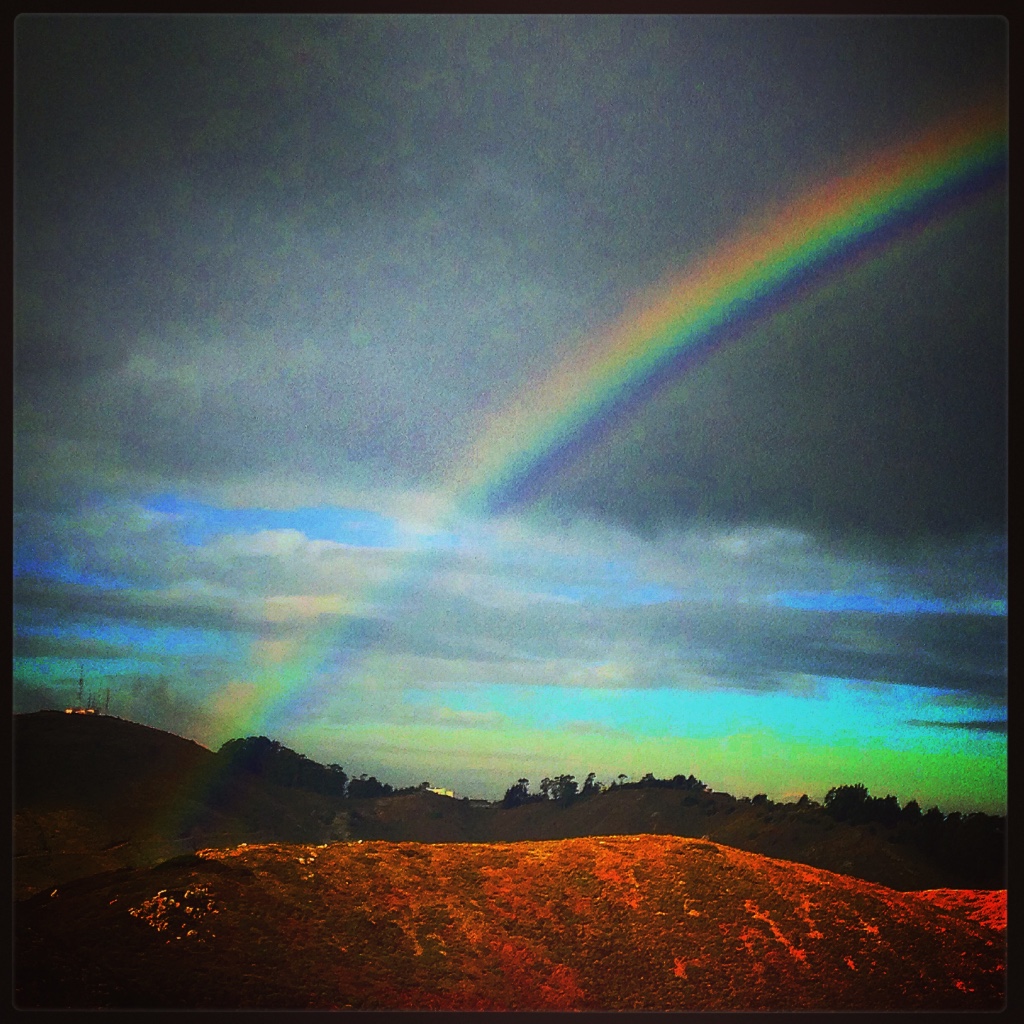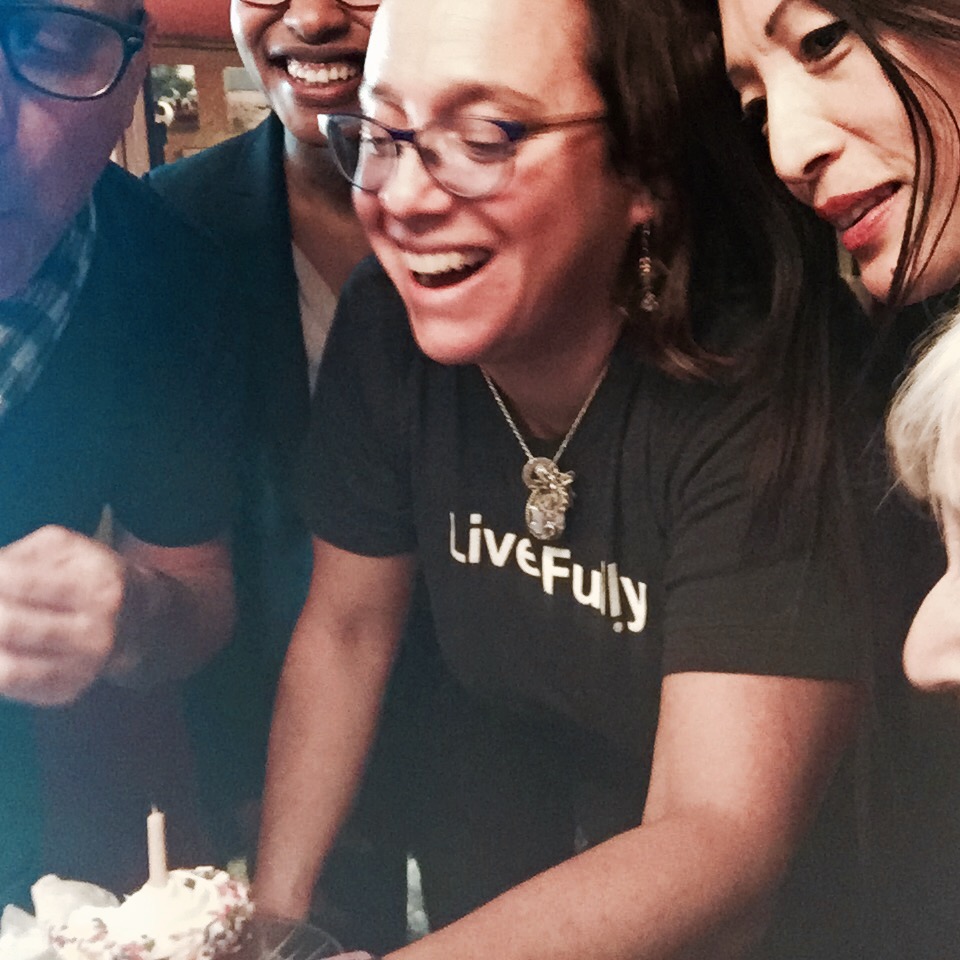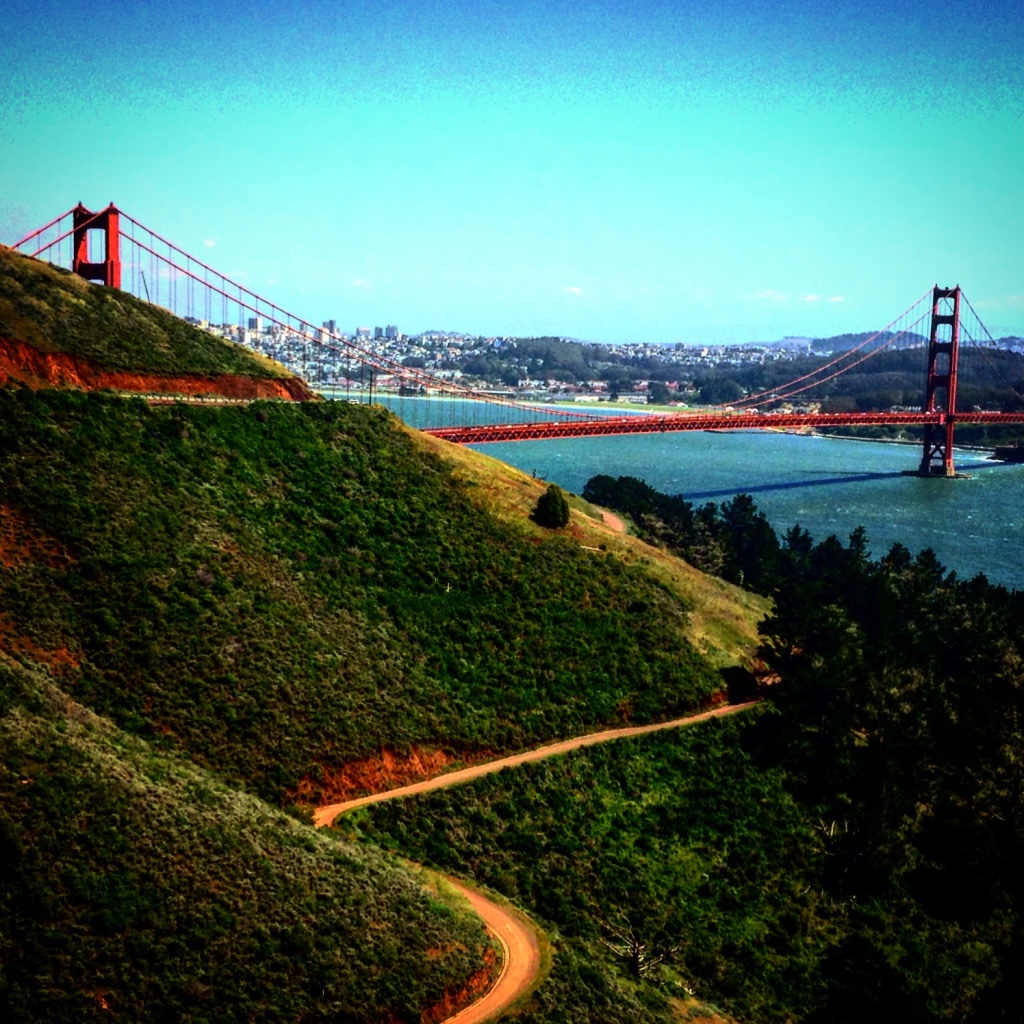Emily Leah Silverman M.Div Ph.D, Insatiably Curious
 I came into the world with a insatiable curiosity and a quest to find the Truth with a capital T. I wanted to know the meaning of life and why we were born. I grew up with a schizophrenic Jewish identity. My family practice Reform Judaism, but my parents sent my brothers and myself to an Orthodox Jewish Day School. My father wanted us to have something to rebel against which was not him as a parent.
I came into the world with a insatiable curiosity and a quest to find the Truth with a capital T. I wanted to know the meaning of life and why we were born. I grew up with a schizophrenic Jewish identity. My family practice Reform Judaism, but my parents sent my brothers and myself to an Orthodox Jewish Day School. My father wanted us to have something to rebel against which was not him as a parent.
It worked out. In third grade I understood enough Hebrew to translate our morning prayers. The boys’ prayer stated Thank God I am not a woman after the girls recited Thank God for making me what I am. My feminist self was born.
I loved being a Jew but decided Judaism needed to be reformed. Though there were no female rabbis when I was young, people thought I would naturally become one. Instead I explored my questions in a more diverse environment: joining leading feminist scholars at Harvard Divinity School. I realized Judaism was not the only religion which had sexist problems. This was the first inspiration for my career journey.
The second way my journey unfolded I was surrounded by Holocaust survivors and their children. When I was five, I met my relatives who survived concentration camps. I couldn’t help but ask: Why did the Holocaust or genocide happen? The question of evil and genocide was all encompassing for me. It was even bigger than the feminist question. I asked every spiritual leader I interacted with from Tibetan lamas, Catholic nuns, Christian priests, rabbis, Hindu saints, Sufi sheiks and scholars, never receiving a satisfactory answer. Later I continued my inquiry about the Jewish Holocaust, and more generally the nature of evil, writing a Ph.D at Graduate Theological Union. My work focused on the hybrid identities and queering of a Catholic Jewish nun Edith Stein and the first woman rabbi Regina Jonas in Nazi Germany. Both died in Auschwitz.
 My B.A is from Bard College, where I majored in history and philosophy of science. There I questioned the differences between the Epistemologies of Science, Religion and Philosophy. I have a Master of Divinity from Harvard Divinity School. I was the first non-Christian to enter the Preaching competition. (They told me they wanted to award me the Preaching Prize but the rules dictated it had to go to a Christian.) I earned my Ph.D from a joint program from the Graduate Theological Union and UC Berkeley in Interdisciplinary Studies of Religion. I wrote my PH.D with Rosemary Radford Ruether as my doctoral advisor. I was mentored by the late Professor Ibrahim Farajaje.
My B.A is from Bard College, where I majored in history and philosophy of science. There I questioned the differences between the Epistemologies of Science, Religion and Philosophy. I have a Master of Divinity from Harvard Divinity School. I was the first non-Christian to enter the Preaching competition. (They told me they wanted to award me the Preaching Prize but the rules dictated it had to go to a Christian.) I earned my Ph.D from a joint program from the Graduate Theological Union and UC Berkeley in Interdisciplinary Studies of Religion. I wrote my PH.D with Rosemary Radford Ruether as my doctoral advisor. I was mentored by the late Professor Ibrahim Farajaje.
I seek out what I call “the theology of spiritual of resistance” How do people resist oppressive or genocidal situations when they know their lives are doomed? How they keep their dignity and humanity? I am interested in “subjugated voices and knowledge.” How do we retrieve the voices of people who are marginalized,colonized and displaced? I do YouTube interviews to shine a light on the scholars, scholar-activist, artist and political activist who are doing the work of retrieving their subjugated voices.
 I have been a sought-after speaker on Edith Stein, Rabbi Regina Jonas, women and the holocaust and the theology of spiritual resistance, topics for the Program in Spirituality at Florida International University, Assumption College and the Graduate Theological Union. I served as president and vice-president of the American Academy of Western Religion where I served as chair of the Jewish Studies Unit and presently co-chair of the Women and Religion unit.
I have been a sought-after speaker on Edith Stein, Rabbi Regina Jonas, women and the holocaust and the theology of spiritual resistance, topics for the Program in Spirituality at Florida International University, Assumption College and the Graduate Theological Union. I served as president and vice-president of the American Academy of Western Religion where I served as chair of the Jewish Studies Unit and presently co-chair of the Women and Religion unit.
In 2013, Rutledge published my book, Edith Stein and Regina Jonas: Religious Visionaries in the Time of the Death Camps. I’m also co-editor of Voices of Feminist Liberation: Writings in Celebration of Rosemary Radford Ruther (Equinox press). Presently I am co-editing Retrieving Subjugated Voices for Cambridge Publishing.
I do weekly YouTube interviews on the channel Subjugated Voices where I interview scholars, scholar activists, artists and political activists on their work and how they have retrieved subjugated voices and knowledge.